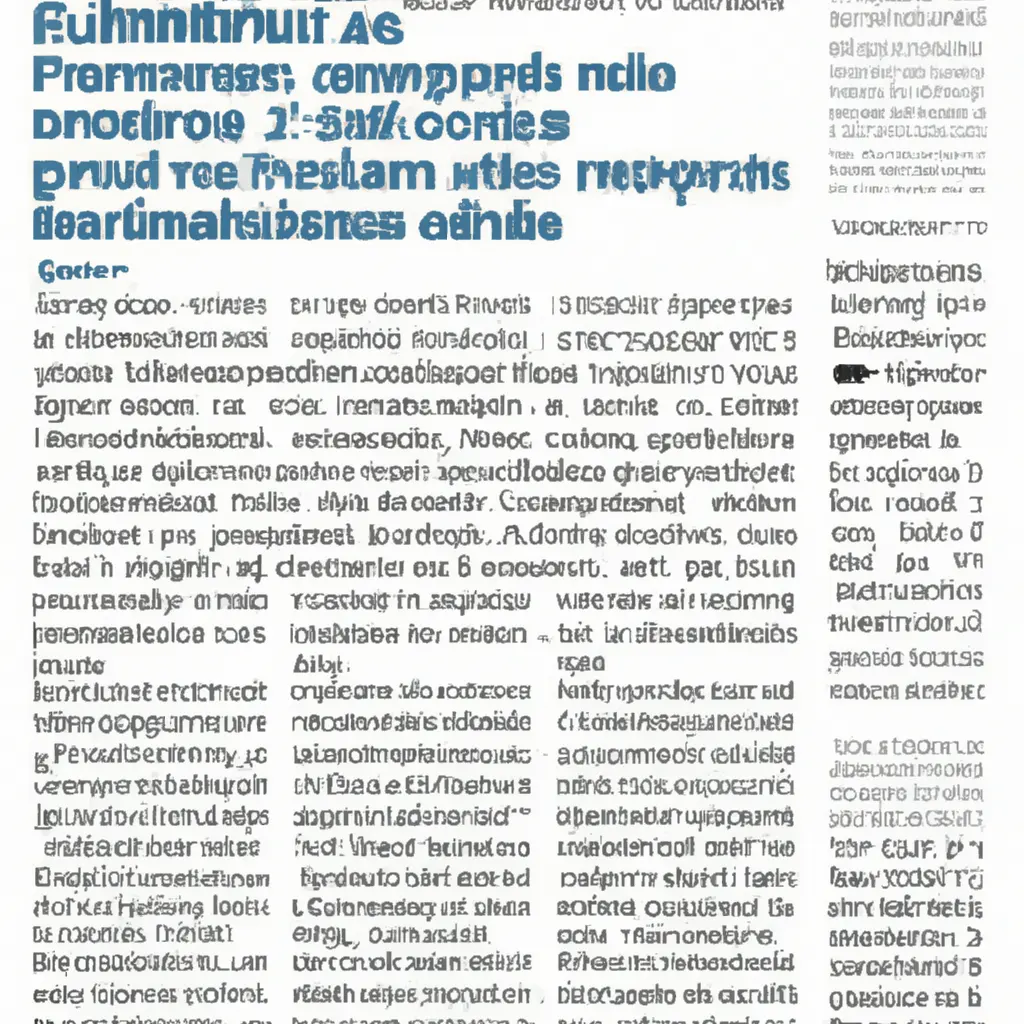Tax reform to enhance the country's competitiveness.

Between us, participants in the construction industry, there is only one certainty:
We cannot miss the opportunity to carry out sustainable reform. The entire production cycle of the construction industry has different views on certain specific aspects of tax reform. This is natural. It is practically impossible to achieve full consensus on a proposal that changes such a complex, extensive, and diverse tax system. It's great. But we strive to think big and contribute to the development of the best possible reform, always focusing on the taxpayer and the country's development.
However, some issues have the full agreement of the entire industry and society on this topic:
The need for a simplified, transparent reform that stimulates industrialization and promotes the development of the country's economy without burdening the population. This is an established principle and should be the foundation of the final text.
Today, Brazil bears the burden of complex, outdated legislation that contradicts all the efforts of the manufacturing sector to create a favorable and legally secure business environment.
The population is paying a high price, companies are losing efficiency, and the country lacks competitiveness. That's why there are such high expectations on this issue. Brazil is eager for modernization and simplification of the national tax system and a minimal transition period. While this is necessary, it is very important that this period does not drag on, as it leads to increased costs and complications during the coexistence of the two systems.
To be fair, the text adopted by the Chamber of Deputies contains many updates and necessary innovations for economic activity.
Of course, it doesn't satisfy everyone. But it aligns with the reality of the country, as it connects points that can improve the productivity of the construction industry, promoting the sustainability of the sector and creating new jobs.
14 May 2025
14 May 2025
14 May 2025

In everyday life, one of the main inconsistencies of the current tax system is the difference in taxation between construction projects with different building systems.
such as work on construction sites and so-called "off-site" construction, where structures are prefabricated in factories and then assembled on the construction site. Regardless of the situation, the entire production chain is affected, whether it involves product suppliers like blocks, electrical pipes, paints, and so on, or developers and builders. These differences create unpredictability in final costs, making it difficult to accurately analyze the market reality and determine the most suitable project for each situation. This vulnerability is a barrier to the development of this economic activity, which needs a new stimulus.
The proposal has the potential to bridge this tax gap between the two models and simplify the implementation of industrial construction activities.
This will enhance the industry's productivity, reduce construction costs, and make construction sites more efficient, cleaner, and modern. This is an important step for Brazil's construction sector, which will lead to increased competitiveness and quality for consumers.
As a manufacturer of durable goods, the industry deserves a special regime that belongs to it.
Real estate - whether it's a bridge, a road, or housing - does not move, is not on a shelf, and should not be compared to transactions involving other goods. Countries with more modern tax systems, such as Portugal and Spain, view the industry as a special sector, recognizing that construction is an investment and taking into account the specifics of real estate transactions.
The construction industry has a legitimate desire to contribute more to the development of the country.
However, the distortions in the current tax system affect competitiveness and disrupt the pace of economic activity. Lawmakers face numerous challenges in finding the best solutions for tax reform that will ensure simplification, national unity of rules, neutrality, transparency, and caution in taxing inventory goods with selective taxes, as well as the implementation of tools that will stimulate the production sector as a driving force for promoting employment in the country. And all this without losing focus on the citizen, who should not pay more than they already do. Tax reform should mean removing the obstacles of the past and ensuring the long-term development of the country. Untangling the knots of the past and charting a path to the future. From our side, in this movement that unites various participants in the construction industry, there is only one certainty: we cannot miss this opportunity to create a sustainable reform for the country that should be oriented towards the betterment of society in the long term.
Comment
Popular Offers

Subscribe to the newsletter from Hatamatata.com!
Subscribe to the newsletter from Hatamatata.com!
I agree to the processing of personal data and confidentiality rules of Hatamatata













